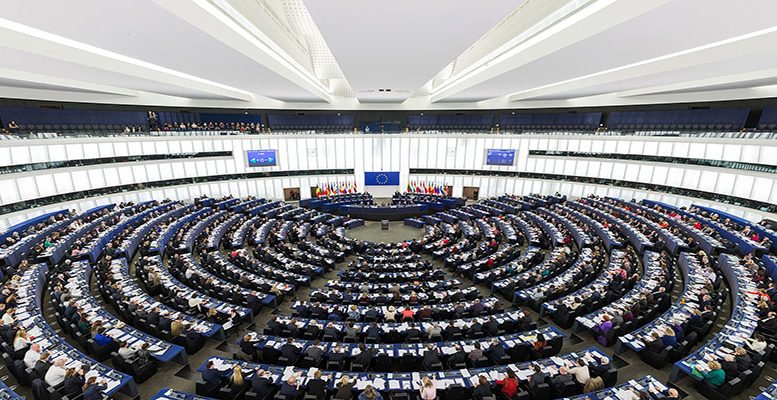The European Parliament’s budget control committee is arriving in Spain to find out how the government is managing and spending European funds. A long-awaited mission that is keeping the government, which has just received the go-ahead from Brussels to receive a further 6 billion euros, on tenterhooks. The aim of the mission is to investigate how the government has managed and spent the money. But not all of it, but the part received in 2021. This is the first mission that Spain has received for European funds from the European Parliament.
The Spanish government claims to have executed 75% of the European funds, but only 30% reaches the real economy. In 2021, 22.128 billion were authorised, while in 2022 that figure reached 25.143 billion. Funds authorised in January of this year 2023 have reached 9.188 billion, which is 32% of this year’s budget.
However, independent bodies such as Fedea and Funcas – and even the Bank of Spain – question these figures, given that while 75% of these funds have been activated in these first phases of implementation, the percentage that reaches the real economy barely reaches 30%. What is more, of this percentage, a tiny fraction – less than 10% – has reached the private sector, since most of it remains in public bodies and projects. As a businessman, Carlos Delclaux, president of Vidrala, explained here, “European funds do not reach companies because of the excess of state and autonomous government, and too much regulation”.
The group of 10 MEPs will be led by Monika Hohlmeier (EPP), chair of the European Parliament’s supervisory committee, who is a member of the European People’s Party (Christian Democrats) and European Democrats. At the highest level, MEPs will meet with the economic vice-president, Nadia Calviño, the finance minister, María Jesús Montero, and the social security minister, José Luis Escrivá. The idea was to also meet with the Minister of Industry, Reyes Maroto, but this appointment has not been granted, which has generated strong displeasure among the members of the delegation.
Apart from this, meetings will be held with the councillors responsible for European funds in Castilla-La Mancha, the Community of Madrid, Andalusia, Aragon and Extremadura. There will also be meetings with the employers’ association CEOE, the self-employed organisation ATA, the trade union UGT, the banking employers’ association AEB, consultancy firms such as EY and PwC, and several others besides.
The first drafts of meetings included an appointment with the former director general of the recovery plan, Rocío Frutos. The interest of MEPs in meeting with her was enormous, largely due to the fact that last autumn she resigned from her post due to discrepancies in the management and execution of EU resources. In the end, however, her name has been dropped from the agenda, despite MEPs having asked the government to facilitate the meeting. The current director of the recovery plan, Jorge Fabra Portela, is also no longer on the list. And the Minister of Industry is no longer on the agenda either, despite the importance of this portfolio in the management of the funds.





